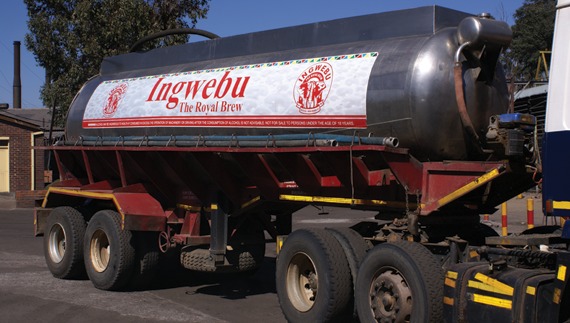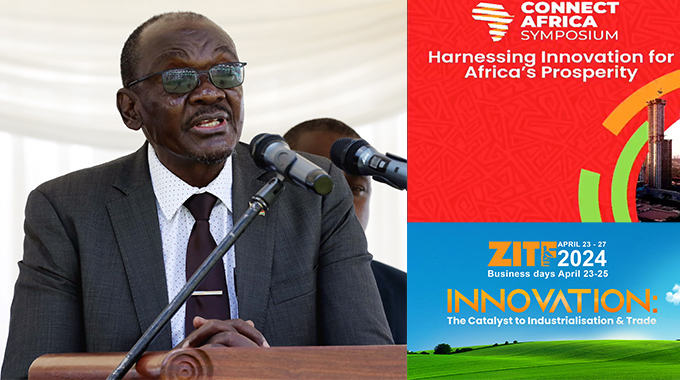Ingwebu breweries hits hard times

Auxilia Katongomara, Business Reporter
BULAWAYO City Council-owned Ingwebu Breweries is struggling to operate profitably and is not contributing any revenue to the local authority, an official has revealed.
Ingwebu has been facing viability problems in the face of falling demand for its products and the high cost of operating its antiquated machinery.
Mr Isaac Matare the city’s acting research and contract manager told the business community Tuesday at a budget consultative meeting that Ingwebu was not contributing any dividend to council.
“Ingwebu is a council baby but it is not contributing anything to council. It is facing stiff competition from Chibuku.
“It needs a massive capital injection but council as the major stakeholder is not able to inject the needed capital but people love the product,” said Mr Matare.
He was responding to a question on whether council was generating any revenue from the entity.
Mayor Councillor Martin Moyo is on record saying the brewery requires $4 million to refurbish its plant and increase its footprint.
Last year Ingwebu commissioned a non-alcoholic plant built at an estimated cost of $500 000, which manufactures traditional mahewu, as part of a diversification strategy. The product has been well received in the market although there is stiff competition from, among others Delta Beverages, Arenel, Dairibord and imported mahewu mainly from Zambia.
Ingwebu used to be among the top employers in the city but has not been doing well since the adoption of the multi-currency system in 2009.
Within the last few years the company has retrenched dozens of workers after closing several of its beer gardens scattered across the city before franchising the facilities.
Meanwhile, the council has projected to generate income of about $3 million from its properties in the city.
The Bulawayo City Council is proposing a budget of $105 million compared to this year’s $107 million.
Presenting the proposed budget, Mr Matare highlighted that the top five priorities are water, health, sewerage, housing, roads and education.
The health department has the biggest allocation of $26 million in the proposed budget followed by rates and general services with $19 million.
The council officials encouraged residents and corporates owing to seek dialogue with them to avoid litigation and water disconnections.
The council will, however, spend about 53 percent in staff costs, a development which has been castigated by the Ministry of Local Government, Public Works and National Housing.
The Government regulations demand that local authorities adhere to the ratio of 70:30 in favour of service delivery.
Mr Matare said there would be no tariff increases next year, a move that would be welcomed by residents.
Among the highlights of the budget is the proposal to implement a three percent ward retention allocation to carry out projects identified by residents.
The ward retention allocation comes at a time when the city council is owed $129 million by rate payers.
Mr Matare said this was done to step up efforts to encourage payment of bills.
Acting deputy director of finance Mr Mpazamiso Ndebele said the local authority would soon be introducing water shedding as the dam levels had depleted.
“As at 24 July, our dams stood at 36, 27 percent compared to 52, 85 percent last year, which means that we would soon introduce water shedding,” said Mr Ndebele.
He said work to rehabilitate filters at Ncema dam was in progress to ensure that residents get clean water.
The 2017 budget consultations have been combined with the 2016 budget review, as the council strives to meet the 2017 budget submission deadline, which is October 28, 2016.












Comments